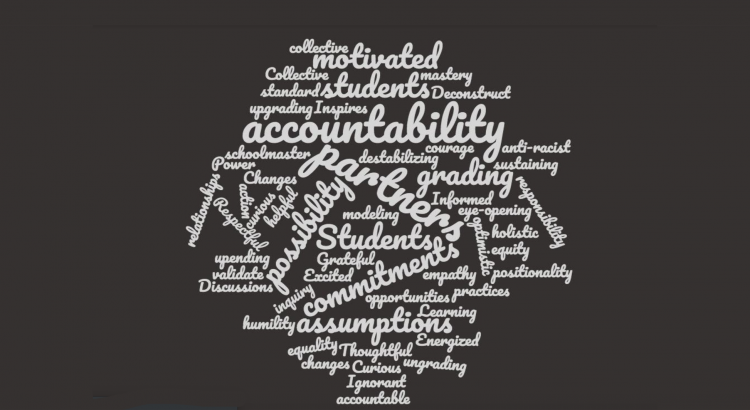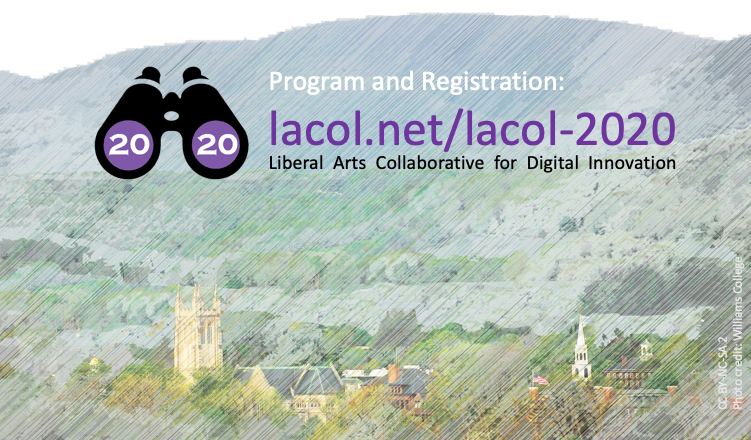Multicampus Microlearning Series – Winter 2023
Why Teach ‘Why College’
Date/Time: Wednesday, January 25, 2023, 3:00pm-4:15pm Eastern
Format: interactive Zoom discussion
Leader: Andy Hines, Associate Director of the Aydelotte Foundation, Swarthmore College

There is a robust critical conversation about the past and present of American higher education that has increasingly become the subject of courses at liberal arts colleges. One example is a first-year seminar course at Swarthmore, Why College, taught by research scholars of the Aydelotte Foundation.
What does it mean to study “the American university” at institutions that are often de-emphasized in conversations in critical university studies? Do students really want to investigate the institutions where they study, let alone the institutions they don’t attend? How does this work connect us to colleagues at different kinds of institutions in a critical moment for higher education? Andy Hines, Associate Director of the Aydelotte Foundation, will address these questions and more with a brief presentation and conversation about his work teaching critical university studies courses.
Andy Hines is the Associate Director of the Aydelotte Foundation at Swarthmore College. He is the author of Outside Literary Studies: Black Criticism and the University and the editor of a keywords collection on higher education to be published by Johns Hopkins University Press.

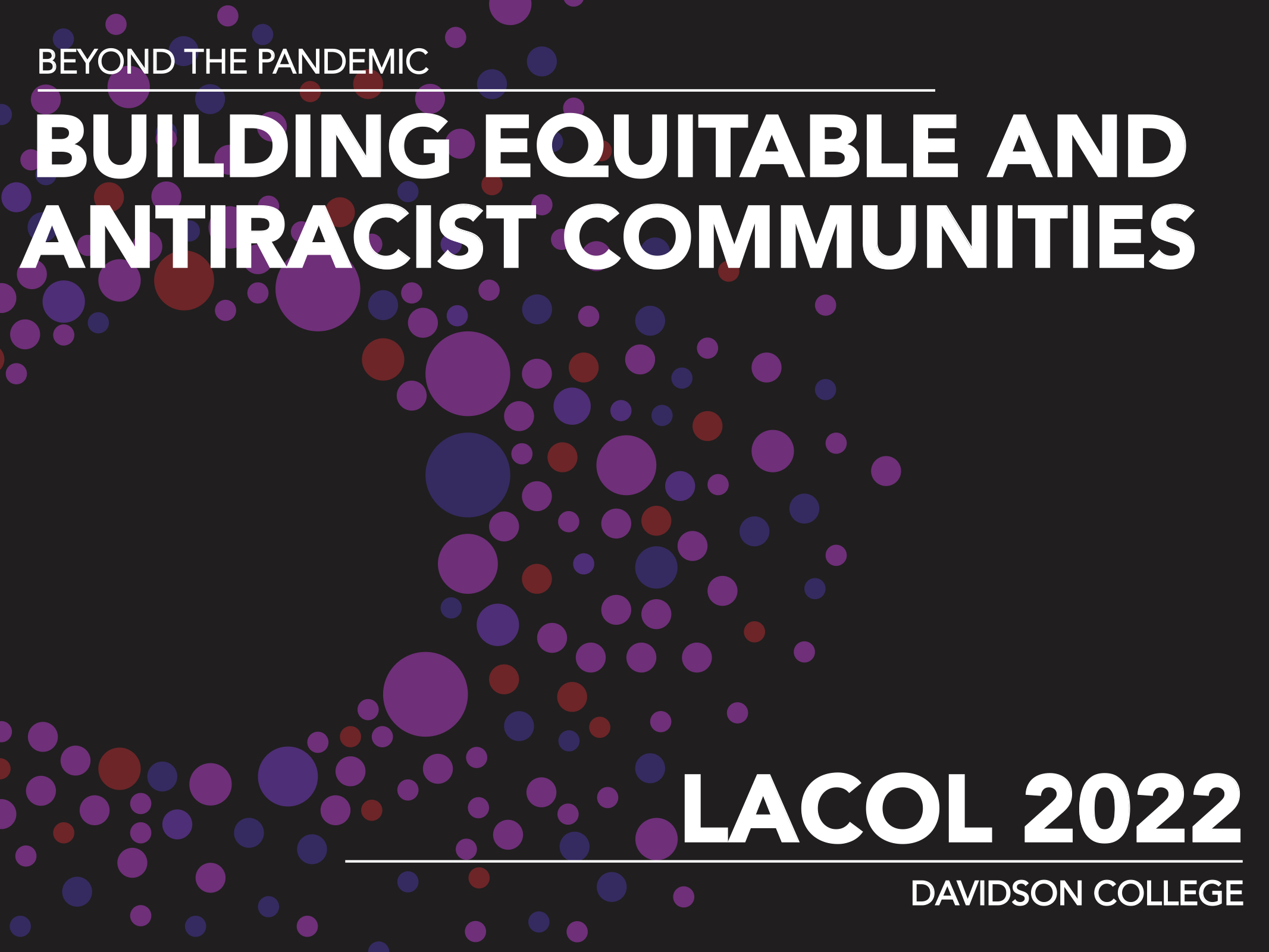
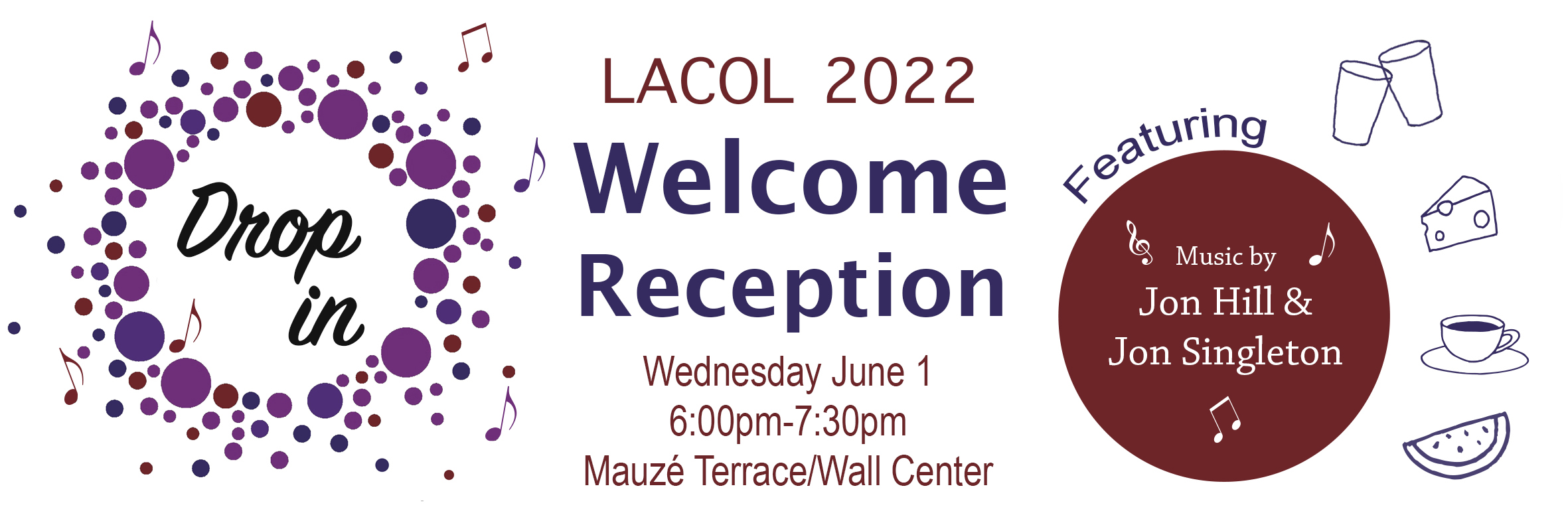
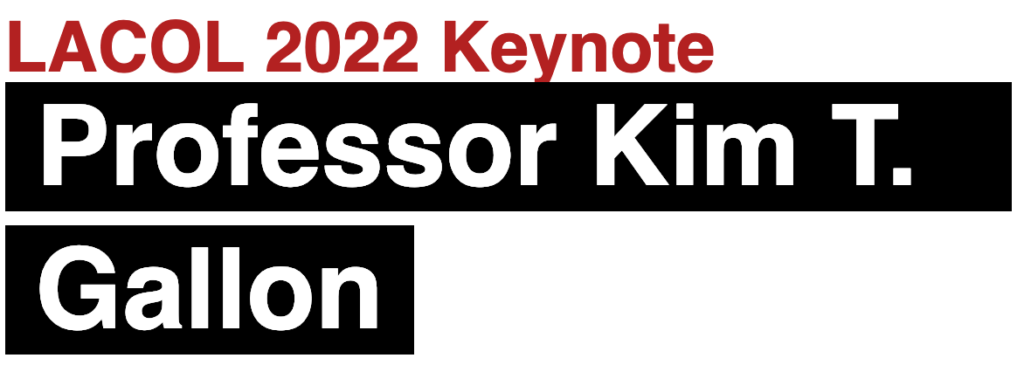
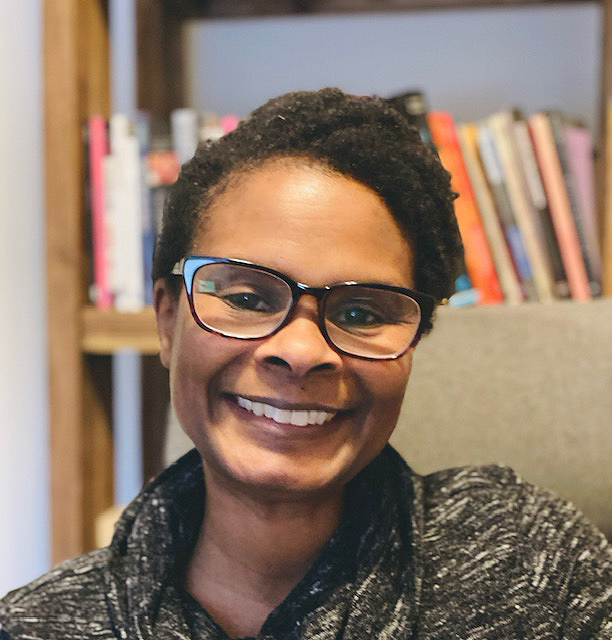



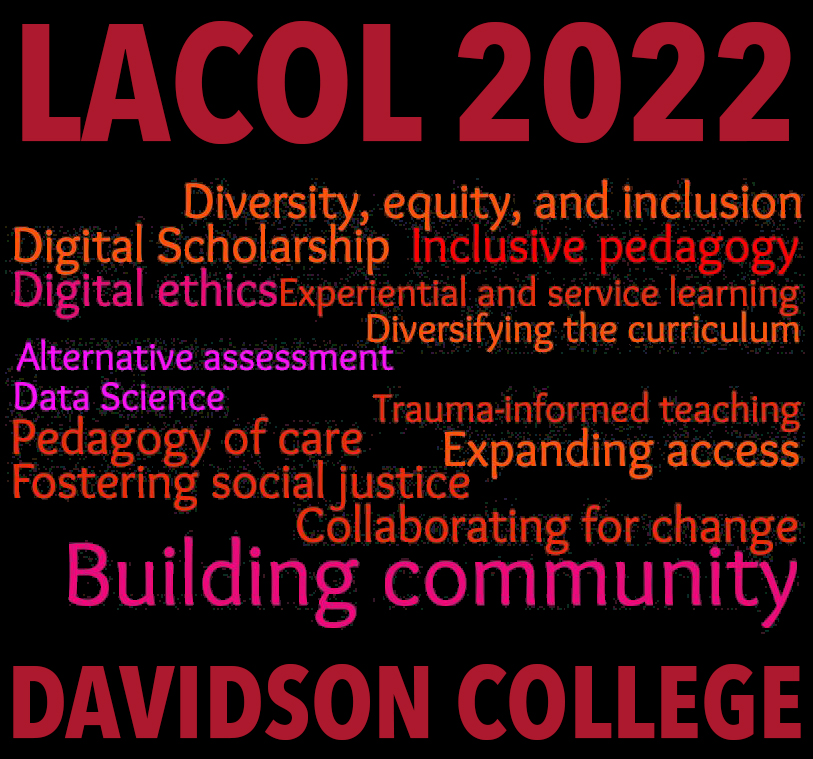
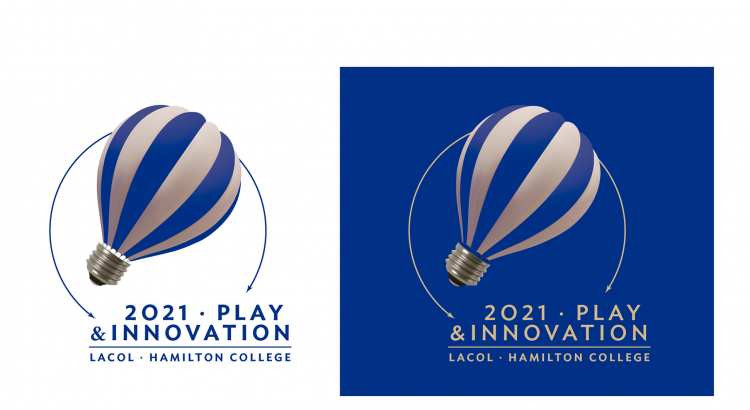

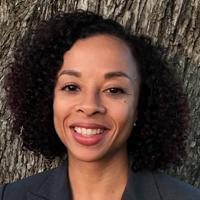 Dr. Heather Pleasants is a faculty development and senior assessment specialist at the University of Texas at Austin, where she works with faculty interested in making experiential learning a part of their courses. She is also an educational researcher and consultant who specializes in providing needs assessment, program evaluation, and external evaluation of funded initiatives—particularly those that address issues of diversity, equity, and inclusion. Dr. Pleasants received her PhD in Educational Psychology (2000) with a specialization in Language, Literacy, and Learning from Michigan State University. She is a regular contributor to the work of the Digital Pedagogy Lab, and her most recent publication is Digital Storytelling in Higher Education: International Perspectives (2017).
Dr. Heather Pleasants is a faculty development and senior assessment specialist at the University of Texas at Austin, where she works with faculty interested in making experiential learning a part of their courses. She is also an educational researcher and consultant who specializes in providing needs assessment, program evaluation, and external evaluation of funded initiatives—particularly those that address issues of diversity, equity, and inclusion. Dr. Pleasants received her PhD in Educational Psychology (2000) with a specialization in Language, Literacy, and Learning from Michigan State University. She is a regular contributor to the work of the Digital Pedagogy Lab, and her most recent publication is Digital Storytelling in Higher Education: International Perspectives (2017).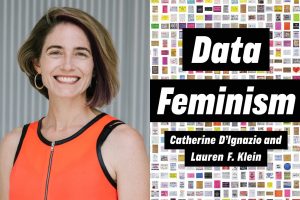 As data are increasingly mobilized in the service of governments and corporations, their unequal conditions of production, their asymmetrical methods of application, and their unequal effects on both individuals and groups have become increasingly difficult for data scientists–and others who rely on data in their work–to ignore. But it is precisely this power that makes it worth asking: “Data science by whom? Data science for whom? Data science with whose interests in mind? These are some of the questions that emerge from what we call data feminism, a way of thinking about data science and its communication that is informed by the past several decades of intersectional feminist activism and critical thought. Illustrating data feminism in action, this talk will show how challenges to the male/female binary can help to challenge other hierarchical (and empirically wrong) classification systems; it will explain how an understanding of emotion can expand our ideas about effective data visualization; how the concept of invisible labor can expose the significant human efforts required by our automated systems; and why the data never, ever “speak for themselves.” How can we operationalize intersectional feminist thinking in order to imagine more ethical and equitable data practices? This talk will focus in particular on examples of play, innovation and emancipatory pedagogy in data science.
As data are increasingly mobilized in the service of governments and corporations, their unequal conditions of production, their asymmetrical methods of application, and their unequal effects on both individuals and groups have become increasingly difficult for data scientists–and others who rely on data in their work–to ignore. But it is precisely this power that makes it worth asking: “Data science by whom? Data science for whom? Data science with whose interests in mind? These are some of the questions that emerge from what we call data feminism, a way of thinking about data science and its communication that is informed by the past several decades of intersectional feminist activism and critical thought. Illustrating data feminism in action, this talk will show how challenges to the male/female binary can help to challenge other hierarchical (and empirically wrong) classification systems; it will explain how an understanding of emotion can expand our ideas about effective data visualization; how the concept of invisible labor can expose the significant human efforts required by our automated systems; and why the data never, ever “speak for themselves.” How can we operationalize intersectional feminist thinking in order to imagine more ethical and equitable data practices? This talk will focus in particular on examples of play, innovation and emancipatory pedagogy in data science. 